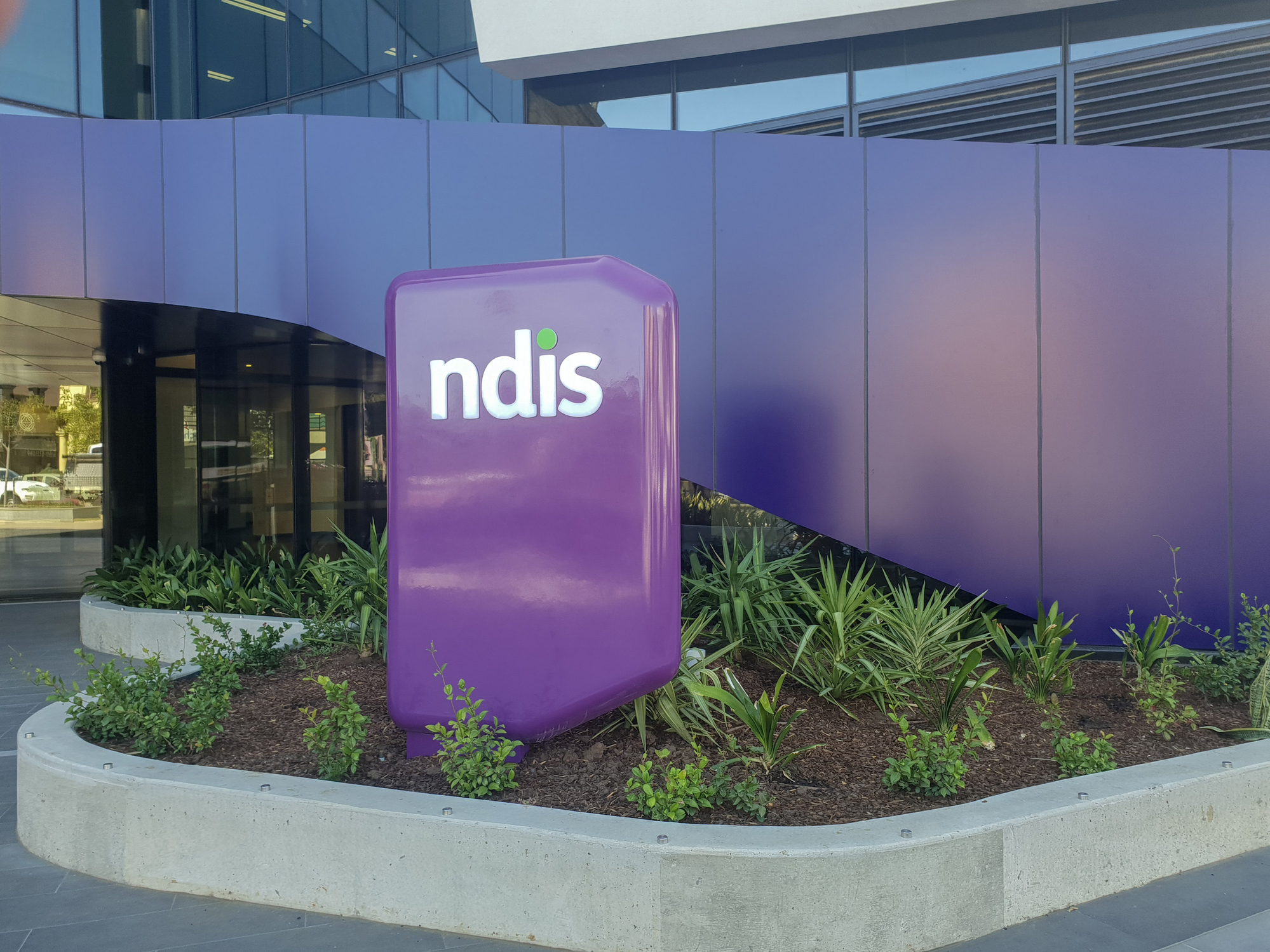
Australian researchers have uncovered a potential way to stop the spread of triple negative breast cancer, an aggressive and often difficult-to-treat form of the disease.
Australian researchers have uncovered a potential way to stop the spread of triple-negative breast cancer (TNBC), an aggressive and often difficult-to-treat form of the disease.
A new study by Monash University researchers has identified a key genetic switch that could determine which triple-negative breast cancer patients could benefit from beta blocker therapy.
The findings, published in the journal Science Signaling, identify a specific gene that acts as a "switch" for tumour progression, and could help doctors determine which patients would benefit from beta blocker medication.
READ MORE: 'The sandwich generation': Hidden crisis about to hit Australia with unpaid carers to surge

Beta blockers are a class of drugs commonly used to treat high blood pressure and other heart conditions.
They work by blocking the blocking stress hormones.
However, Monash researchers have been investigating their potential to fight cancer.
Previous studies by the university have shown a link between beta blocker use and improved outcomes for some TNBC patients, but the reason for this was unclear - until now.
The science behind the switch
The Monash Institute of Pharmaceutical Sciences team focused on the body's natural stress response.
When stress hormones are released, they can activate a receptor called the "beta-2 adrenoceptor," which can accelerate the spread of cancer cells.
The researchers discovered that a complex interplay between two cellular signals, cAMP and calcium, is triggered by the beta-2 adrenoceptor, fuelling cancer progression.
At the centre of this process is a single gene, HOXC12, which acts as the master regulator.
Using the gene-editing tool CRISPR-Cas9, the scientists were able to "delete" the HOXC12 gene, which effectively "switched off" the cancer-promoting cellular signals.
This suggests that the presence of the HOXC12 gene could be the key to identifying patients who would respond well to beta blocker therapy, which works by blocking the effects of stress hormones.
New hope for patients
Associate Professor Michelle Halls, a senior author of the study from MIPS, said the discovery was exciting.
"Our colleagues at MIPS, who were also pivotal to this latest study, have previously found that beta blockers are associated with a significant reduction in mortality in people with TNBC," she said.
"Now we have a much better grasp on why this could be the case. In the Science Signaling study we looked at several TNBC cancer cell types and found that one gene in particular, HOXC12, is a key mediator of the β2-adrenoceptor-cAMP-calcium 'feedforward loop' in TNBC.
"This information means that if HOXC12 is found to be present in a TNBC patient, they could be an ideal candidate for beta blocker therapy."
 Long-running Aussie bakery chain to be put up for sale
Long-running Aussie bakery chain to be put up for sale
 Woman stabbed to death in suspected DV attack
Woman stabbed to death in suspected DV attack
 Children with mild autism to be removed from the NDIS by 2027
Children with mild autism to be removed from the NDIS by 2027
 New Zealand soldier admits to espionage charge in historic case
New Zealand soldier admits to espionage charge in historic case
 Woman assisting police after baby found in Perth stormwater drain
Woman assisting police after baby found in Perth stormwater drain
 Man charged with murder of Cobram woman
Man charged with murder of Cobram woman
 Man who attacked baby with hot coffee remains free in China one year on
Man who attacked baby with hot coffee remains free in China one year on
 Childcare centres failing to meet national standards named and shamed
Childcare centres failing to meet national standards named and shamed
 Reality TV star offered $10,000 to injured pilot's family, court hears
Reality TV star offered $10,000 to injured pilot's family, court hears
 Perth doctor pleads guilty over drunken high-speed crash that killed young woman
Perth doctor pleads guilty over drunken high-speed crash that killed young woman
 BHP called to foot the bill after fire ant outbreak in Queensland
BHP called to foot the bill after fire ant outbreak in Queensland
 Toddler's painful shopping centre eye injury sparks call for change
Toddler's painful shopping centre eye injury sparks call for change
 More Aussies are becoming solo mums by choice. Claire had no other option
More Aussies are becoming solo mums by choice. Claire had no other option
 'Zombie squirrels' turning up in backyards and animal shelters across US
'Zombie squirrels' turning up in backyards and animal shelters across US
 'Hurts every time': Dad hiding kids in bush for three years
'Hurts every time': Dad hiding kids in bush for three years
 Plane forced to land in Italy after flames erupt mid-air
Plane forced to land in Italy after flames erupt mid-air
 Fears of flash flooding as relentless rainfall set to worsen in NSW
Fears of flash flooding as relentless rainfall set to worsen in NSW






